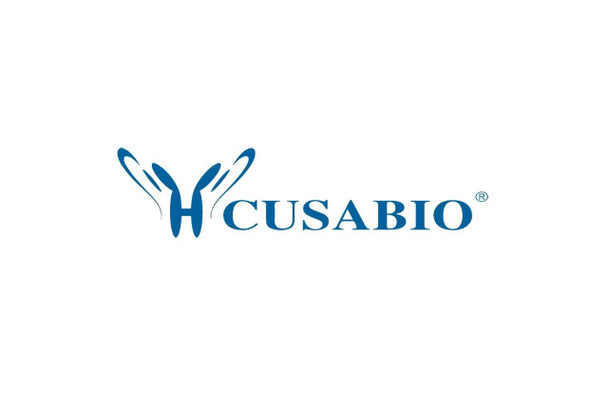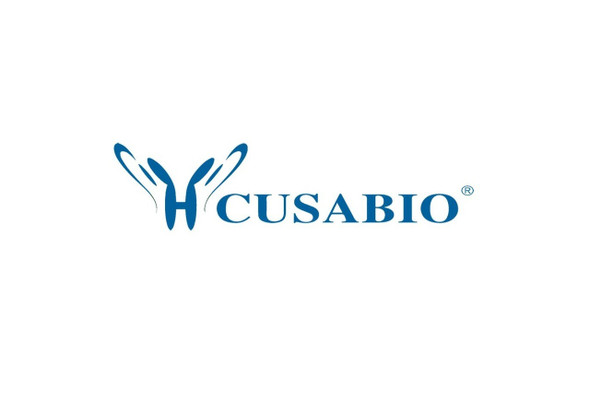Cusabio Polyclonal Antibodies
RASSF1 Antibody, HRP conjugated | CSB-PA885715LB01HU
- SKU:
- CSB-PA885715LB01HU
- Availability:
- 3 to 7 Working Days
Description
RASSF1 Antibody, HRP conjugated | CSB-PA885715LB01HU | Cusabio
RASSF1 Antibody, HRP conjugated is Available at Gentaur Genprice with the fastest delivery.
Online Order Payment is possible or send quotation to info@gentaur.com.
Product Type: Polyclonal Antibody
Target Names: RASSF1
Aliases: Ras association domain-containing protein 1, RASSF1, RDA32
Background: Potential tumor suppressor. Required for death receptor-dependent apoptosis. Mediates activation of STK3/MST2 and STK4/MST1 during Fas-induced apoptosis by preventing their dephosphorylation. When associated with MOAP1, promotes BAX conformational change and translocation to mitochondrial membranes in response to TNF and TNFSF10 stimulation. Isoform A interacts with CDC20, an activator of the anaphase-promoting complex, APC, resulting in the inhibition of APC activity and mitotic progression. Inhibits proliferation by negatively regulating cell cycle progression at the level of G1/S-phase transition by regulating accumulation of cyclin D1 protein. Isoform C has been shown not to perform these roles, no function has been identified for this isoform. Isoform A disrupts interactions among MDM2, DAXX and USP7, thus contributing to the efficient activation of TP53 by promoting MDM2 self-ubiquitination in cell-cycle checkpoint control in response to DNA damage.
Isotype: IgG
Conjugate: HRP
Clonality: Polyclonal
Uniport ID: Q9NS23
Host Species: Rabbit
Species Reactivity: Human
Immunogen: Recombinant Human Ras association domain-containing protein 1 protein (23-145AA)
Immunogen Species: Human
Applications: ELISA
Tested Applications: ELISA
Purification Method: >95%, Protein G purified
Dilution Ratio1:
Dilution Ratio2:
Dilution Ratio3:
Dilution Ratio4:
Dilution Ratio5:
Dilution Ratio6:
Buffer: Preservative: 0.03% Proclin 300
Constituents: 50% Glycerol, 0.01M PBS, pH 7.4
Form: Liquid
Storage: Upon receipt, store at -20°C or -80°C. Avoid repeated freeze.
Initial Research Areas: Signal Transduction
Research Areas: Epigenetics & Nuclear Signaling;Cancer;Signal transduction






